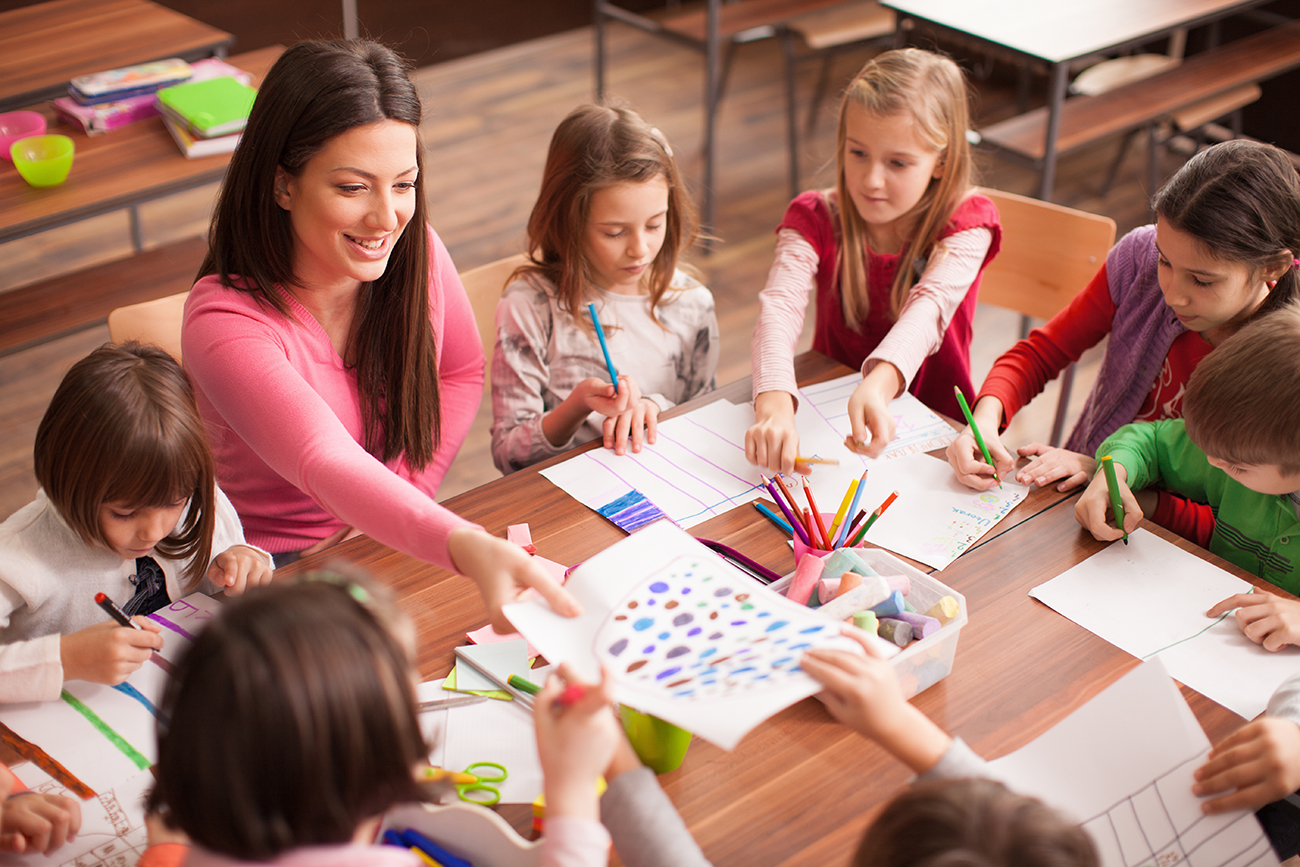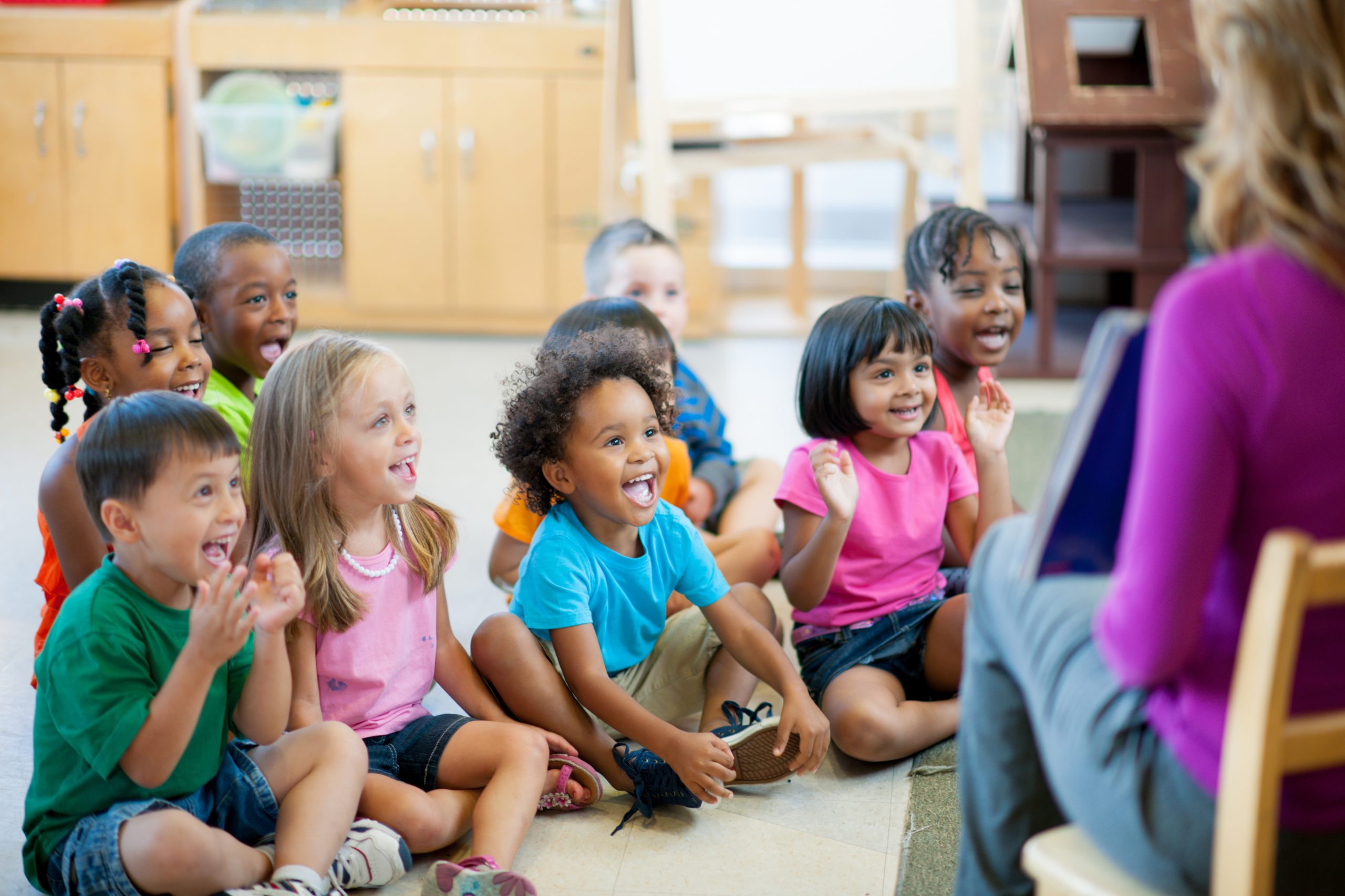- Email info@leducstarsacademy.ca
- Phone (587) 453-0887
Giving your child the best start in life
-
Unit 5, 101 Sandalwood place Leduc T9E0C4
Get In Touch
Monday to Friday: 8.30am – 02.00pm
Saturday, Sunday: Close
Email:
Phone:
Monday to Friday: 8.30am – 02.00pm
Saturday, Sunday: Close
Email:
Phone:

Welcome to Ledu Stars Academy Day Care, Edmonton’s Premier Early Education Provider!
At Ledu Stars Academy Day Care, we believe that early childhood education is the cornerstone of lifelong learning and development. Your little one is discovering more and more each day. Our approach to teaching this age as they navigate their world uses music, art, and movement while nurturing their progress toward preschool.
We guide them on this road to discovery with our research-based standards and assessments along six developmental domains
drawing, painting, pottery, ceramics, woodwork, handwork, sewing, weaving, toy making, collages, ornaments, dot-to-dots, nature art, water art, origami, homemade jewellery, puppetry, felt art, and tape art.
circle time, discussions, listening and talking, writing cards and letters, writing and reading poetry, myths, writing and listening to stories, fairy tales, drama, word searches, flash cards, fill-in-the-blanks, matching games, word cards, and cut-out alphabets.
singing, drumming, musical instruments, music listening, music appreciation, music circles, musical chairs, national anthems, music and movement, rhyming, and lyrics
sports, dance, jumping, building blocks, designing structures and machines, outdoor exploration, mazes, balance beams, hiking, hopscotch, bean bag toss, and hide and seek
scavenger hunts, board games, group projects, follow the leader, Simon says, building forts, puzzles, card games, freeze dance, charades, field trips, nature walks, treasure hunt, I spy, and hot potatoe
colour and shape sorting, science experiments, cooking and food preparation, gardening, nature activities, dioramas, sequencing, map drawing, rock collecting


“There should be a broad range of activities, including interactive, motor, listening, and sensory experiences. Here is a suggested checklist of musthaves (with examples of activities) for brain-building and happy productivity:
read aloud with expression, pleasure, and interest
finger puppets, sandcastles, songs
learning that involves sharing, connecting with others, and talking about what children are hearing, seeing, and doing
impromptu, scheduled sing-alongs, and experiences that expose children to interesting lyrics and different kinds of instruments and melodies
for example, sculpting (with playdough or wet sand), making collages
from various kinds of materials, creating chalk drawings, appreciating art
created by others
puppet shows, improvisation, childrenʼs theater
groceries, clothing, hardware, pharmacy —including chatting about where things come from, how theyʼre made, who might use them, what theyʼre used for nature or mystery boxes—filled with items to investigate and feel (pine cones, bamboo, seaweed, pebbles, wood chips, etc.) for multisensory learning
Kids will learn to recognize and name all 26 uppercase letter and lowercase letters (lowercase letters are harder to learn at this age). They will recognize their own first name and be able to print it, along with other letters and meaningful words like ‘mom,ʼ ‘dad,ʼ and ‘love.ʼ Numbers and
counting: Teachers will help kids learn to recognize and identify the numbers 1 through 10 and correctly count 10 or more objects. Learning what numerals 0 to 9 look like and being able to name them correctly is one of the first math
Before entering kindergarten, children should be able to cut with scissors. As they develop better hand-eye coordination and fine motor skills, they will start drawing and colouring beyond just scribbles and will learn to use pencils, paint brushes, and glue. Socializing and sharing: Developing important social skills is necessary before starting kindergarten; preschoolers will learn how to share and cooperate, work together and take turns,
participate in group activities, follow simple directions, and communicate wants and needs.” Lee Venditti, director of J. Addison, a Montessori school in Markham, Ontario
“The academic skills that are acquired through direct instruction by our preschoolers include writing their names and learning their addresses and phone numbers. Students are also provided with the opportunity to learn colours, sizes, and shapes. For our math and phonics-related classes, numbers and prewriting skills are introduced, as well as shape identification, letter recognition, sounds, and rhyming. Our teachers also introduce children to simple sentence structure, addition, and subtraction. Through storytime activities, literacy and comprehension skills and language development are fostered. Our social studies program emphasizes skills such as persistence, respect for others, cooperation, honesty, trustworthiness, and sensitivity. With regards to our art program, our preschoolers use varied materials to create original pieces. Different colours, textures, and shapes are also used to reinforce self-expression.” Debbie Keough, teacher at Prestige School, a gifted school, in Richmond Hill, Ontario
“The main question parents need to ask themselves about the Waldorf
curriculum is: What is being taught if it is not math work sheets, early reader book series, or desk work? What is experiential learning like in preschool and kindergarten? For math and reading it looks something like this: